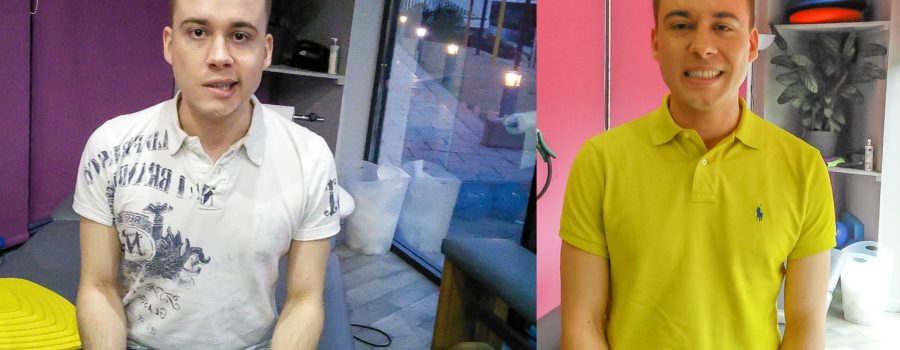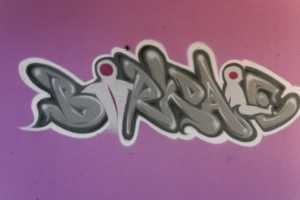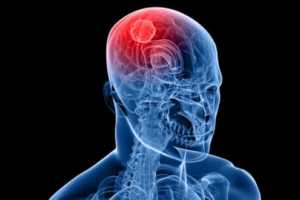Earlier this year Fernando experienced a sudden onset of paralysis of his right facial muscles. With no pre warning he discovered he had difficulty with holding water in his mouth when trying to have a drink and when he looked in the mirror he realised he was unable to smile, frown or wink his right eye. Subsequently eating and drinking became extremely difficult to manage and Fernando was forced to wear an eye patch to protect his right eye which he was unable to close or open either voluntarily or involuntarily.
Fernando was diagnosed with Bells Palsy which is an idiopathic condition causing acute facial paralysis. It has not yet been possible to find out why the facial nerve becomes compressed; however, links have been made with viruses (including herpes, influenza and respiratory tract infections), as well as a depleted immune system and stress.
Fernando attended the centre four days following his diagnosis of Bell’s Palsy and underwent an intensive course of functional electrical stimulation therapy for Facial Palsy to the affected facial muscles. Functional Electrical Stimulation (FES) is a rehabilitation technique whereby an electrical current is delivered via electrodes applied to the skin, to deliver an impulse to evoke activation of the affected muscles. The level of impulse required to achieve muscle activation does not cause pain to the individual and is used in conjunction with shiatsu, soft tissue massage and facial exercises.
Following just eight sessions, Fernando showed significant improvement in activation of his right facial muscles with very mild deficit remaining as is clear from his photo on assessment compared to that taken on his final session here at the centre and subsequently was discharged with a self management programme. We have had a number of success stories here at the clinic with use of FES in the acute phase of facial palsy (within 6-8 weeks of onset).




